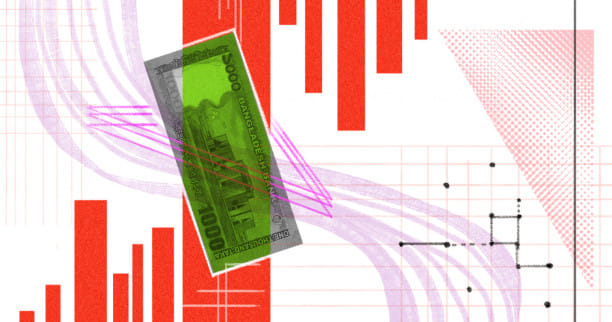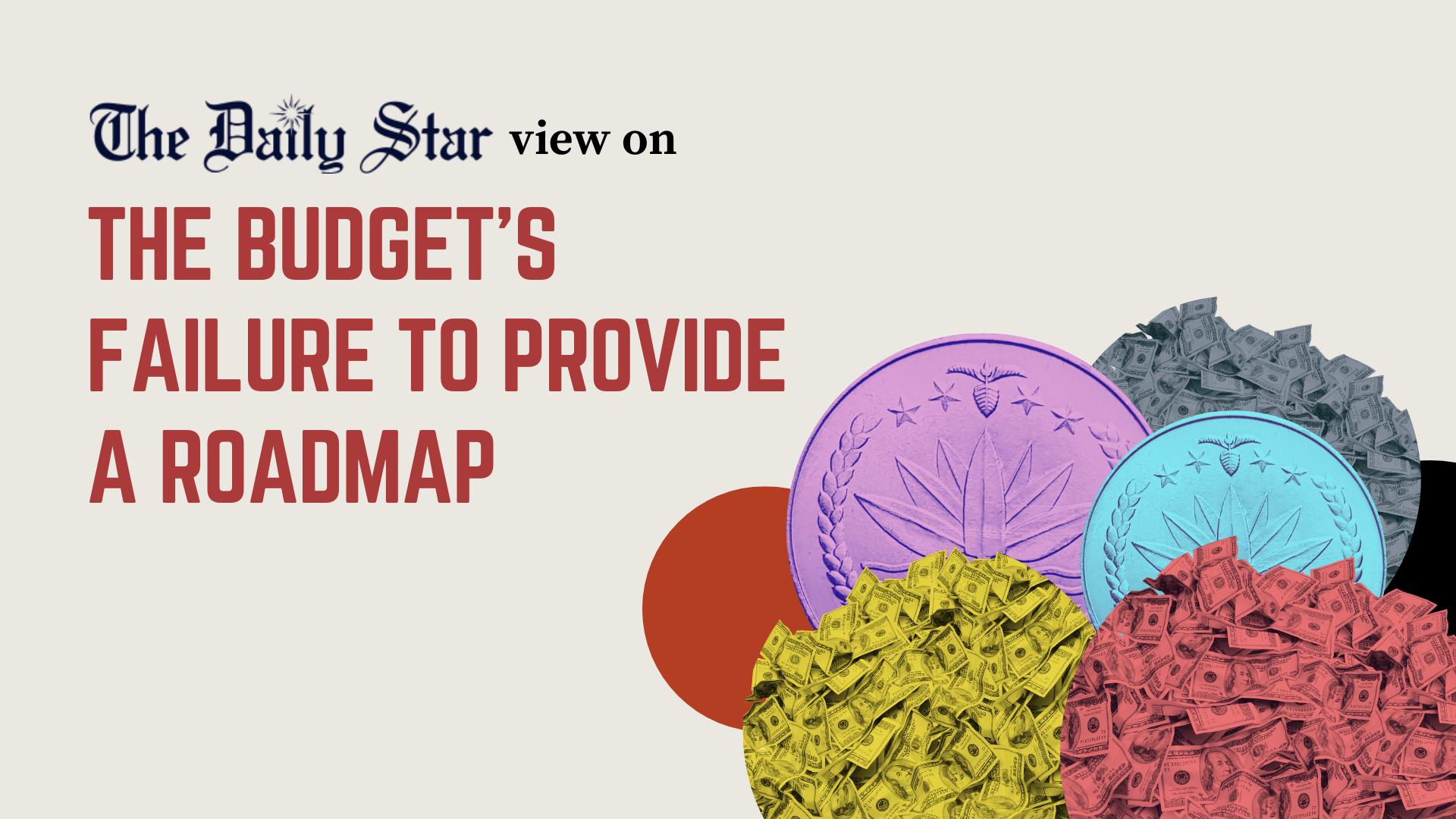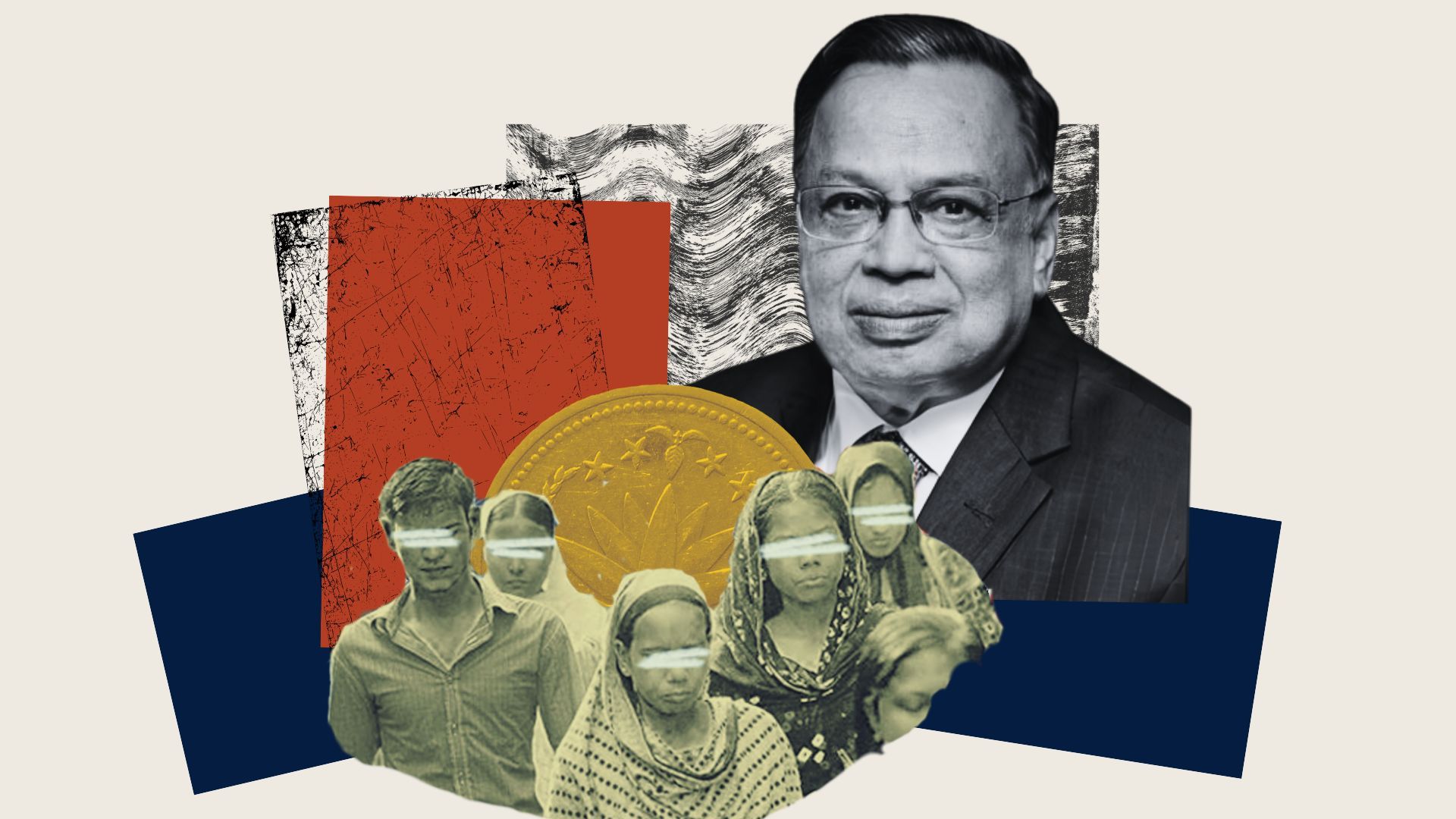A philosophically incorrect, structurally frail budget

The theory of rational expectations, originally proposed by economist John Muth in 1961 and later re-energised by Robert Lucas in the 1970s, asserts that people take rational decisions based on available information. And that is what people expected from FY2024-25 budget, whose steering wheel was in the hands of the new finance minister, someone with a respectable background in diplomacy and economics. But they were left frustrated.
Given the outcome of multiple desperate budgets prepared by the previous finance minister, who was greatly responsible for what the nation faces today, rational expectations were formed to see a sober budget with a touch of austerity, higher fiscal capacity, reasonably lower development allocations, and finally, pragmatic figures of inflation and growth. We didn't see that. A person who fell sick after eating biriyani for four days in a row was supposed to eat a vegan meal with the doctor's prescription. But biriyani wasn't dropped from the menu, suggesting that the sickness will continue. And thus, the budget is philosophically incorrect given the economy's critical situation involving the dollar crisis, forex reserve depletion, high inflation, and massive unemployment. When the finance minister claims that the overall approach is "contractionary," it turns into an object of ridicule because the budget is evidently expansionary.
The proposed FY2024-25 budget is 11.6 percent bigger than the revised budget of FY2023-24. Had that expansion been serviced by increasing the fiscal capacity without expanding the burden of the fiscal deficit, it wouldn't have been a problem. But that hasn't happened. The budget deficit has increased by 8.3 percent, requiring funds from the banking sector which is already limping on one leg. And that makes the budget structurally frail and rationally unexpected. The increase in foreign borrowing will be as high as 19.74 percent, and that is a sign of a growing risk of financing.
Of course, contracting the body of current expenditure is tough because salaries and benefits can't be depressed. Rather, there is always an upward pressure on public salaries, and this is more so when price hikes are a persistent pain in the neck. But contracting development projects and abandoning some of them could have been carried out for a short time when the tax-GDP ratio has dwindled over the last 10 years, making it one of the lowest in the world. In contrast, the spectacular growth of tycoons and oligarchs in Bangladesh testifies that the tax administration isn't doing its job adequately to address the growing income inequality in society. The budget fails to address that.
The fiscal incapacity and the ensuing structural weakness originate from a perverse philosophy of pampering the superrich, refuelling the bank defaulters, and excusing the capital-market plunderers as well as money launderers. Tax dodgers, bank defaulters, and illicit fund-traffickers have formed the "Devil's Triangle," just like the Bermuda Triangle—a loosely defined area in the North Atlantic Ocean where ships, planes, and people are said to have mysteriously disappeared. The budget displayed no mechanism to break the triangle. Rather it offers an opportunity of whitening black or laundered money by paying only 15 percent tax. It's a glaring example of how the budget endorsed the instances of moral hazard and adverse selection.
The Nobel laureate economist George Akerlof theorised the situation of adverse selection when one party with access to more information takes advantage of it while the other party has no clue about it. If a person knows that he will die soon and buys life insurance, while the insurer has no access to that information, it's an example of adverse selection. The players of the black economy will create more barriers to information and take advantage of tax relief when policymakers pardon their evil deeds. Another Nobel laureate, Kenneth Arrow theorised moral hazard as a catalyst for price hiking mechanism in insurance. A situation where a person takes less care of his cell phone that is covered by insurance is an example of moral hazard. When the finance minister ensures that the money traffickers will have avenues to whiten their ill-gotten wealth, they will pay no attention to the law and governance.
How much money the government will obtain from whitening the black money is not a point; the main concern is that it will do more harm than good to the party manifesto of the Awami League where the prime minister spelled out zero tolerance against corruption. The opponents will take it as a bad reference of double standards in the future. The long-term loss will outweigh the short-term gain. The party didn't do any cost-benefit analysis before indulging in such an unethical outlet. If the budget is ethically weak, it must be philosophically incorrect.
Of course, the budget has several strengths such as expansion of the social safety net, higher tax rates for higher income, focus of science and technology, rural development, employment generation projects, improvements in health facilities, building roads and bridges, investing in education and research, and finally, its terrible eagerness to curb inflation. But the simultaneous target for a relatively high growth at 6.75 percent is economically contradictory because growth is inflationary, as economist Robert Phillips' seminal work on the Phillips curve has suggested.
While more than 80 percent of the economy is controlled by private stakeholders, assuming higher growth would necessitate higher credit growth from the banking sector that often gets dehydrated due to lack of liquidity. The ambitious budget would take a big chunk of liquidity, depriving the small and medium private enterprises while big parties will rob the banks. Targeting higher growth and thus placing a demand for Tk 1,37,500 lakh crore from the banking sector to plug the deficit gap is contradictory to the goal of taming inflation.
Interest rates are already skyrocketing, and further grabbing of funds by the government will simply put upward pressures on interest rates, bumping the production costs up. It will again ignite cost-push inflation, which is much harder than the demand-pull inflation to downgrade. That is why economists expected that the new finance minister will sincerely increase taxes on the superrich and drastically reduce the development budget. This is warranted now to reach a point of no borrowing from banks at least for one or two years in a row to eclipse inflationary flames. We didn't see that. When commitments don't match with actions, the budget becomes methodologically disturbing too.
Dr Birupaksha Paul is professor of economics at the State University of New York in Cortland, US.
Views expressed in this article are the author's own.
Follow The Daily Star Opinion on Facebook for the latest opinions, commentaries and analyses by experts and professionals. To contribute your article or letter to The Daily Star Opinion, see our guidelines for submission.




 For all latest news, follow The Daily Star's Google News channel.
For all latest news, follow The Daily Star's Google News channel. 



Comments